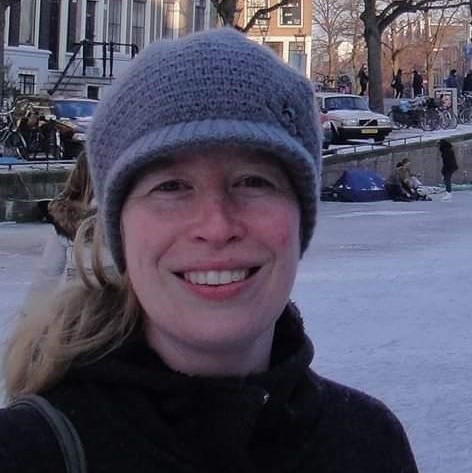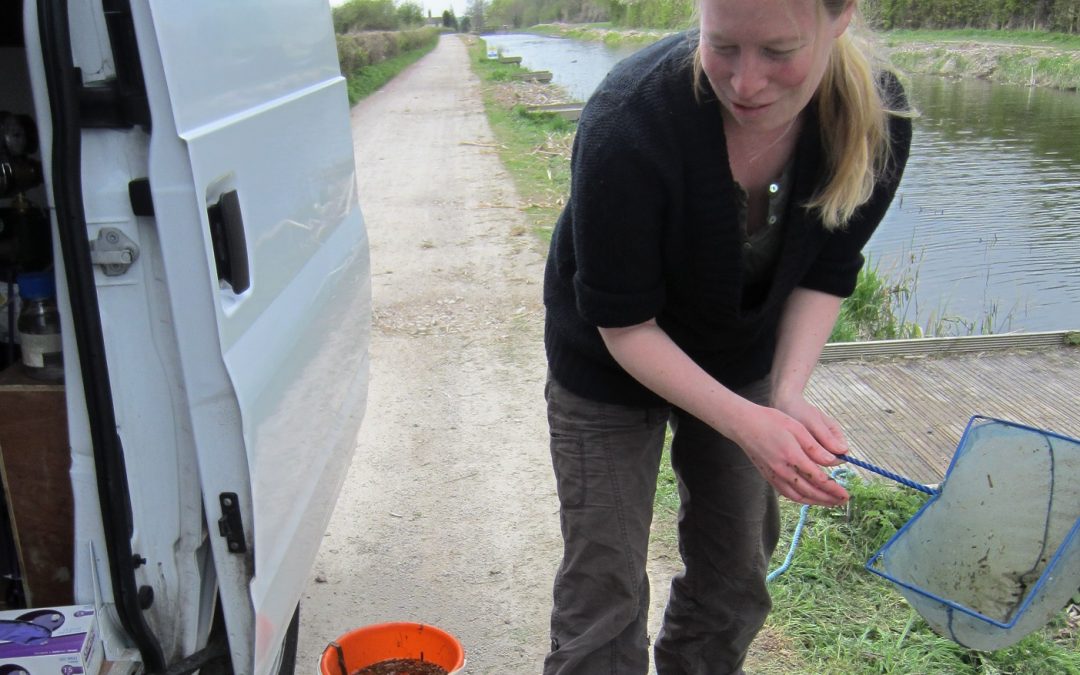
- Master seminar
- Dr. Alice Baynes (Department of Life Sciences, Brunel University, UK)
- Organized by: Prof. Javier Esteban ()
- January 13th, 2023, 11:30 a.m.
- IB Assembly Hall, Edif. Vinalopó-UMH
Conference: “Endocrine disruption in wild fish in English rivers past and present”
The conference will be given by Dr. Alice Baynes, from the Center for Pollution Research and Policy, College of Health, Medicine and Life Sciences (Brunel University London), and is organized by Prof. Javier Esteban Mozo, researcher at the Institute of Bioengineering from the UMH.
Dr. Alice Baynes focuses her research in the field of ecotoxicology, endocrine disruption, chemical pollution, aquatic pollution, aquatic biology and ecology, fertility and development of fish and gastropods.
Brief description of the talk
A wide range of natural and human-made chemicals interfere with the normal functioning of endocrine systems of both humans and wildlife. Exposure to such endocrine disrupting chemicals (EDCs) can cause disruptions in development, alter sexual differentiation and function, and impact adversely on reproduction. Some of the most persuasive evidence for adverse effects of EDCs in wildlife comes from the identification of widespread feminisation of male fish linked with exposure to estrogenic substances emanating from wastewater treatment works (WwTW) effluents. Many studies have been from English rivers, where high frequencies of feminised fish were found in survey in the early 1990’s–2000’s. Advanced treatment technologies and green chemistry solutions to improve EDCs removal from wastewaters have been investigated with varying success. More recent surveys, revisiting English river sites that previously had feminised males, have also been conducted to establish how current levels of effects in wild fish compare with historic data.
Awards and honours
Other information of interest
Treasurer of the UK Royal Society for Biology (UK RSB). Member of the EFSA Working Group on Endocrine disrupting properties of pesticide active substances on humans and non-target organisms. Member of the OECD Expert Group on the retinoic acid signaling pathway.

